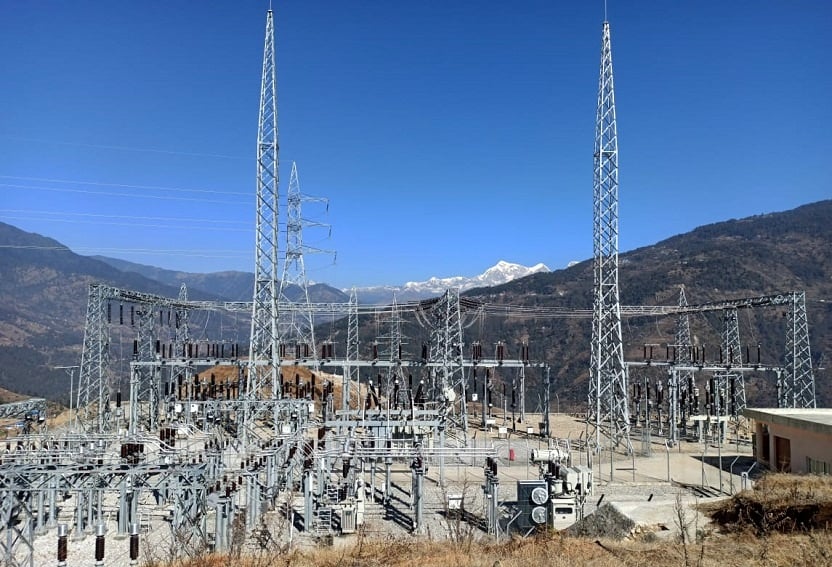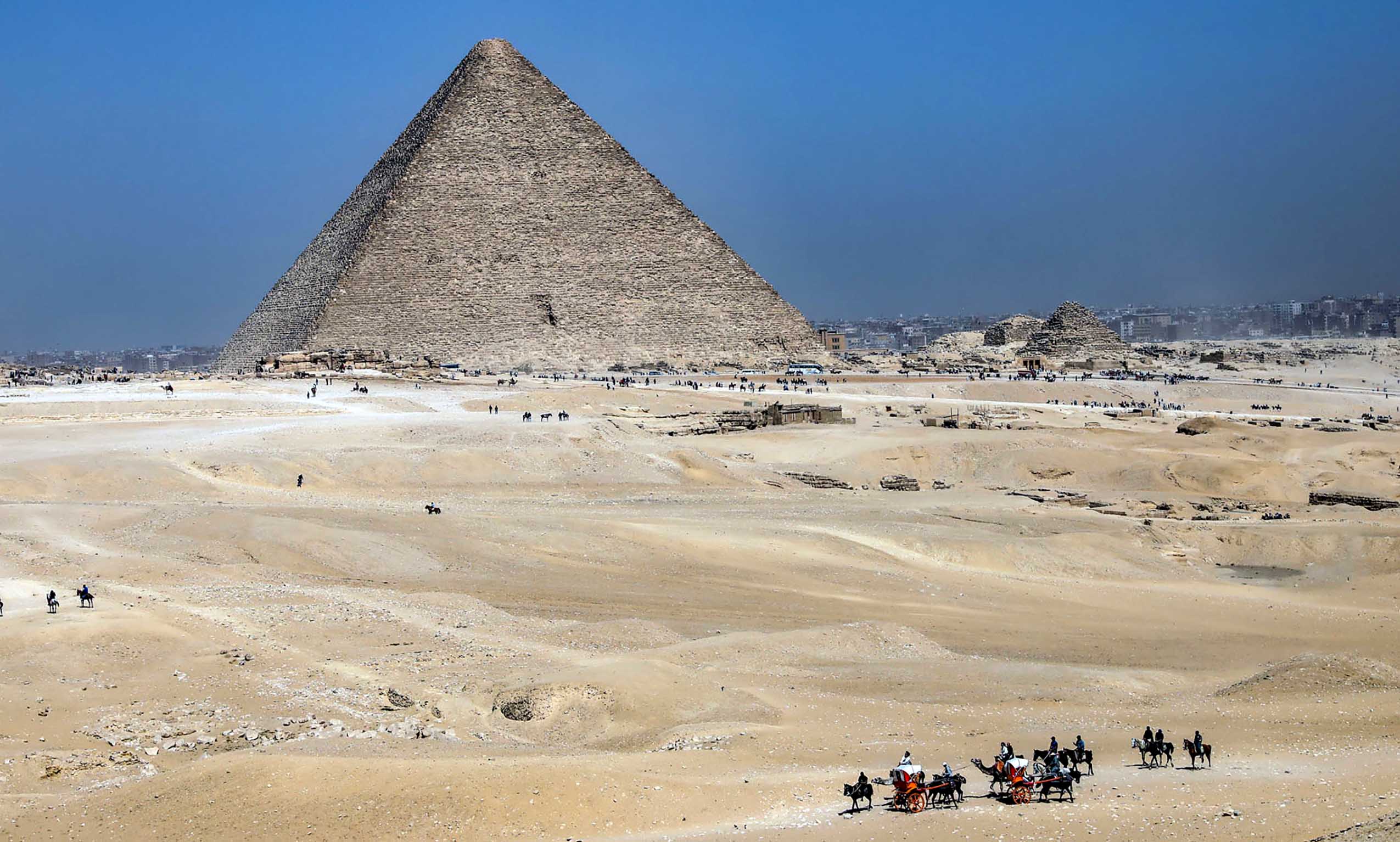Ferdinand Marcos Jr sworn in as Philippines president, replacing Duterte
Ferdinand Marcos Jr has been sworn in as the Philippine president in a ceremony in Manila, succeeding the outgoing leader Rodrigo Duterte.

JUNE 30: His inauguration marks a stunning comeback for the Marcos political dynasty, which was ousted after a popular revolt in 1986.
Mr Marcos Jr - nicknamed Bong Bong - won an election landslide last month.
Sara Duterte, the daughter of the outgoing president, is being sworn in as vice-president.
Mr Marcos Jr took his oath of office at midday local time (0400GMT) in a colourful ceremony at the National Museum.
Earlier he was received by President Duterte - who wore a traditional formal white shirt unbuttoned at the collar and with its sleeves rolled up - at the Malacanang presidential palace.
Some 15,000 security personnel have been deployed across the Philippines capital for the event.
The inauguration comes just a few days after the Supreme Court in Manila ruled that convictions for tax evasion did not disqualify the new president from taking office.
The 64-year-old leader is inheriting a country still on the road to recovery from a years' long pandemic, and an economic outlook clouded by skyrocketing inflation and rising debt.
Critics say his sweeping promises to boost jobs and tackle rising prices have seen little discussion on actual policy reform.
Some are also looking to Mr Marcos Jr to rehabilitate the country's image in the wake of Mr Duterte's term, which has been characterised by a bloody war on drugs policy and a tightening grip on press freedom.
However a day before his inauguration, a Philippines regulator announced it was standing by its decision to shut down investigative news site Rappler - one of the few media outlets in the Philippines that is critical of Rodrigo Duterte's government.
Mr Marcos Jr's inauguration marks the culmination of a decades-long struggle by the Marcoses to reclaim their political glory.
His father Ferdinand led the country from 1965 until 1986, imposing martial law and presiding over a period of widespread human rights abuses, corruption and poverty.
That rule ended in 1986, when a mass uprising saw millions of people take to the streets and the Marcos family - including a 28-year-old Bongbong - fled the country for Hawaii.
The long-time politician, who returned to the Philippines in 1991, has since sought to paint his father's presidency as a "golden period" of growth and prosperity.
Mr Marcos Jr's popularity was buoyed by an aggressive social media drive, which proved especially appealing to voters not old enough to have experienced the years of dictatorship first-hand.
Meanwhile, critics levelled accusations that his social media campaign was rife with misinformation and whitewashed atrocities under his father's rule. He has denied these allegations.
His election campaign was also boosted by having Sara Duterte as his running mate, merging two political dynasties' strongholds - the Marcoses in northern Philippines and the Dutertes in the southern Mindanao island.
With inputs BBC




_GuyKOE272v.png)





Leave Comment